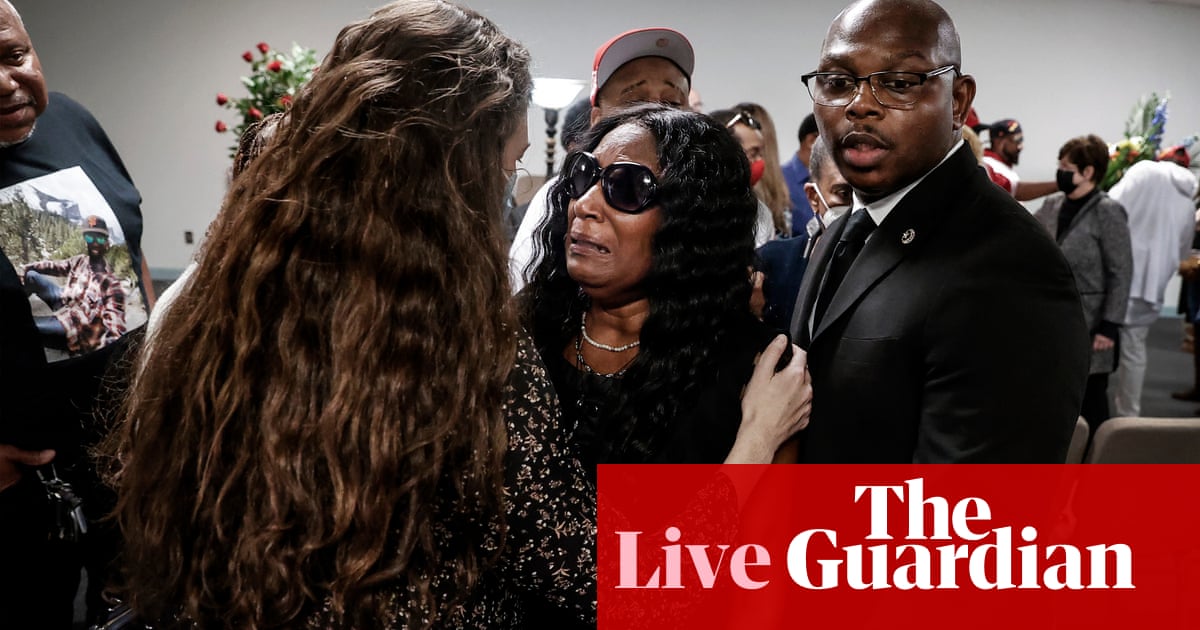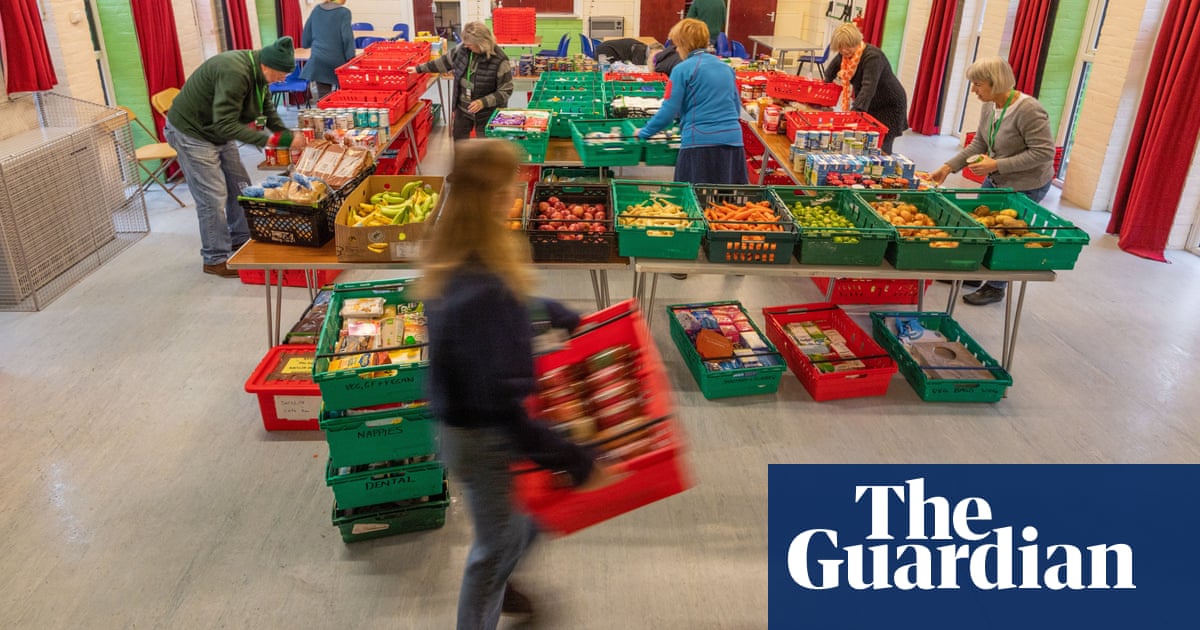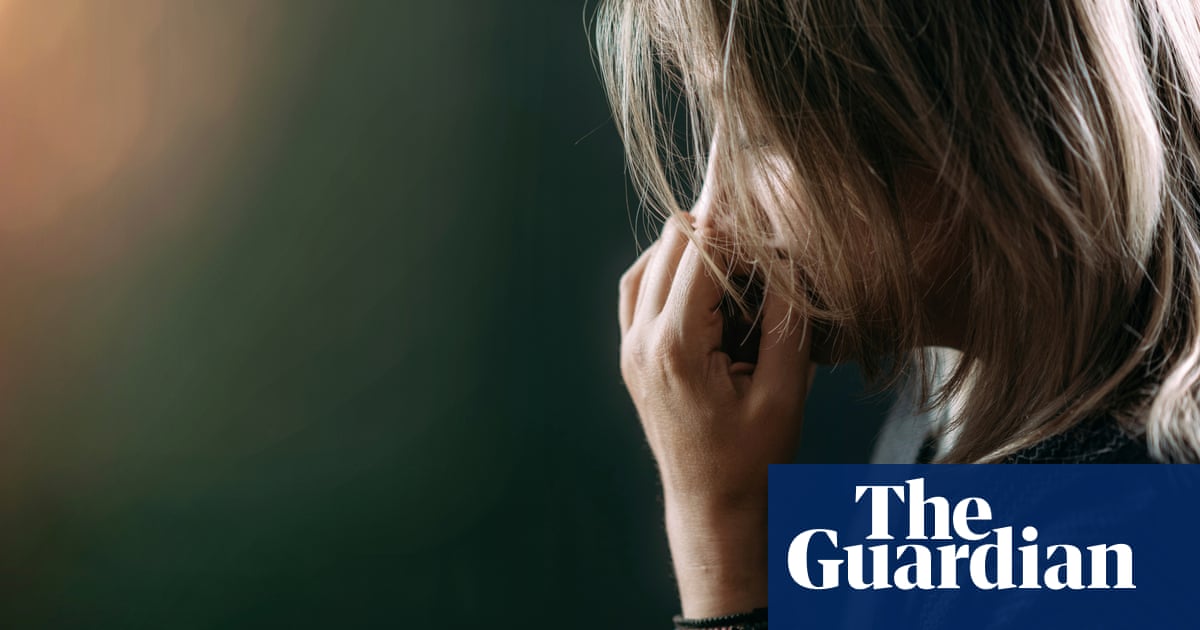
The Duke of Sussex has spoken out to highlight the plight of children with complex medical needs during the coronavirus pandemic and to make it “more clear and obvious to government” that they should be classified in the “vulnerable bracket”.
In a 30-minute video call, Prince Harry, the patron of the WellChild charity, heard that some families were struggling to get on “vulnerable lists”, had difficulties obtaining PPE (personal protective equipment) and cleaning products, and were often concerned about allowing in external care workers for fears of exposure to the virus.
Harry, who is in California, linked up with two UK families facing challenges due to Covid-19, for the video chat which was released on YouTube. Praising them as “superparents”, he told them: “This is hard on everyone but it is especially hard on you.
“Hopefully, through this video we can make it more clear and obvious to government and everybody else that you are in the ‘vulnerable’ bracket and WellChild needs more help.”
More than 100,000 children and young people in the UK have serious health needs. Colin Dyer, the WellChild CEO, told Harry: “These families are always isolated and hidden. Now they are more isolated and hidden than ever before. Getting recognition that they are amongst the most vulnerable people is really tough, because the focus isn’t on families like this.”
Leanne Cooper, 37, from Lincoln, has a daughter, Sophie, 13, who has cerebral palsy, uses a wheelchair, has multiple medical needs and has a tracheostomy and so is on a ventilator. She told Harry: “It’s terrifying.” Sophie needs care “24 hours a day, seven days a week”. With the virus and lockdown, “I can’t really put into words how scary it is,” she said.
She and her husband, Craig, have three daughters and must shield. As the manager of Sophie’s care package, she also has to make sure that there are protective measures to safeguard Sophie’s care workers, which is stressful. “If we’re in a position where carers can’t come to work because they might be symptomatic, there is no way we would survive,” she said. “And if we had no care, I don’t know where we would be.”
Craig Hatch, 55, and his wife, Elizabeth, from Cockermouth, Cumbria, have stopped using external care workers for their son Fraser, 21, who has cerebral palsy, a chronic lung disorder and diabetes, and uses a wheelchair. The couple, who have four children, said the decision was “partly to protect the carers, and partly to isolate us”.
Craig said: “We are frightened because we know if the virus gets into our house, and if Fraser contracts it, we know the implications are quite severe.” It was “exhausting”, he admitted, and they were worried about obtaining vital medication.
A WellChild long-term ventilation nurse, Rachel Gregory, said of the families she supports: “They have to open their doors at this vulnerable time to external carers, which is a huge concern for them, and a huge risk, potentially. There are lots of issues around PPE. The guidelines come out, but often the supply seems to be lacking or slow to be fulfilled.”
WellChild is wholly reliant on voluntary funding but has lost 60% of its projected income as fundraising events have been cancelled. It has set up a JustGiving resilience fund. Dyer said it was adapting and in “survival mode”.
Harry praised the “resilience and the strength” of WellChild families, and the support they gave each other. “You are a shining example of being superparents, spinning so many plates, juggling so many balls,” he said.
Of course, there was “that fear of what might happen”, he added. “But there’s so much of this out of our control. All of a sudden we now realise how small we are in the grand scheme.”
He told them: “There is no way you can run away from it. As long as you guys and looking after yourselves and each other, that is the best you can do.”
Leanne said later: “It was really special he took the time to speak to us.” He was “really intently listening”, she said. “I really hope the video will shine a light and raise awareness for vulnerable families like ours.” The lack of specific advice and guidance mean that “families are feeling lost, and forgotten, and as if they have fallen through the net”, she added.












